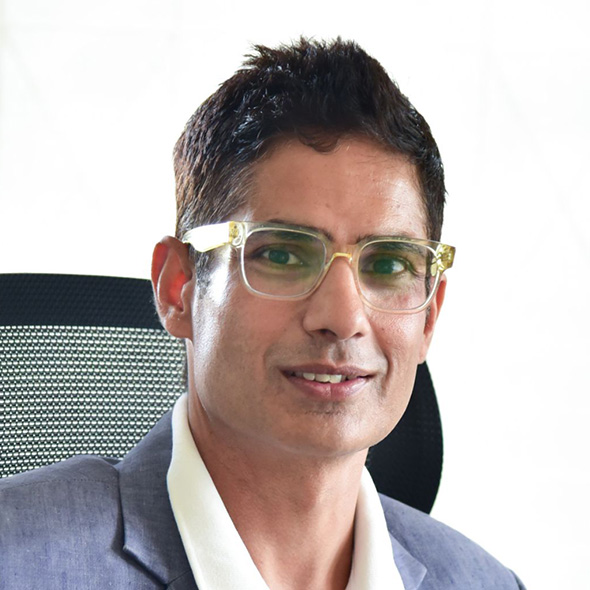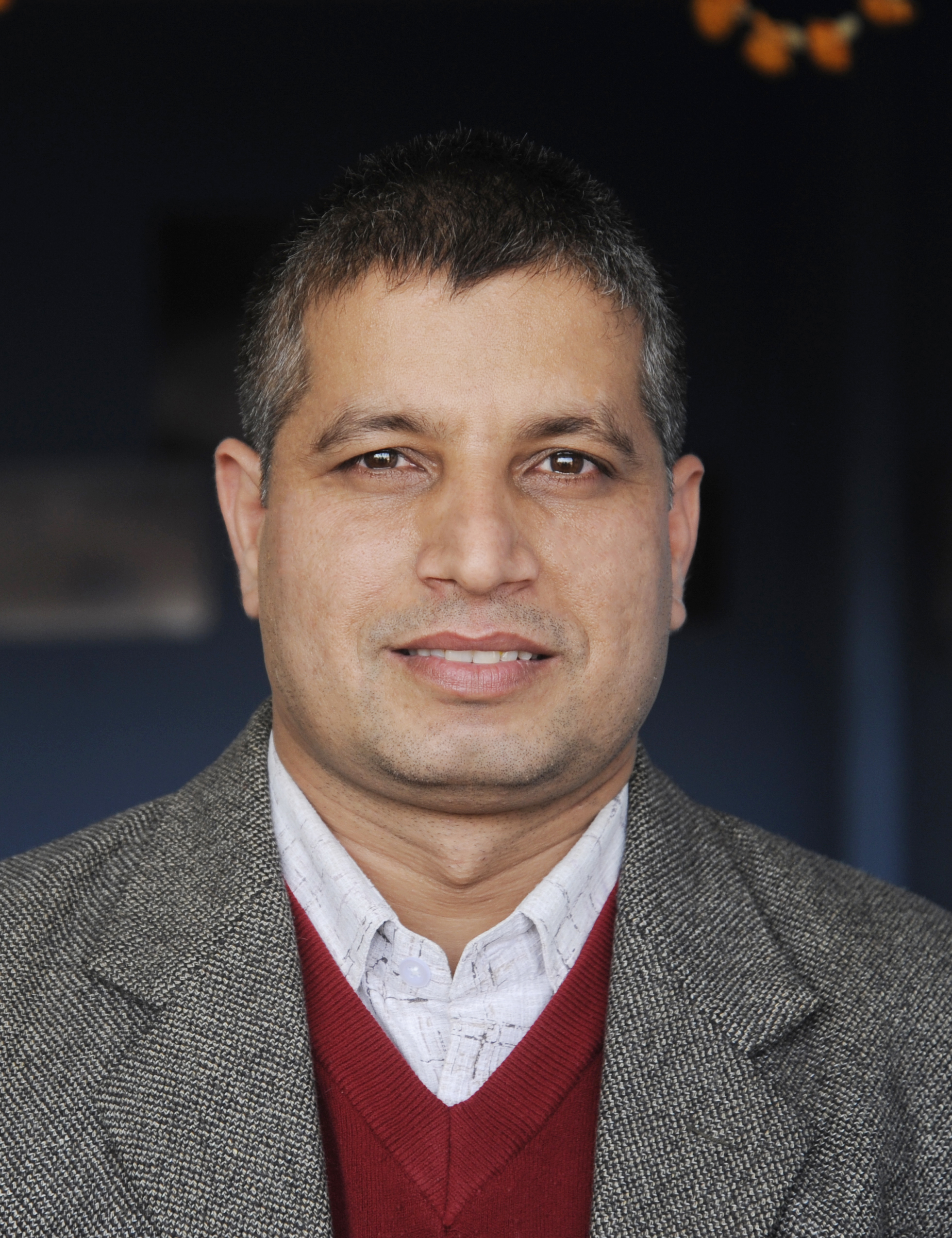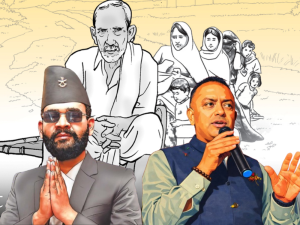Columns
Frustrated by leaders, not democracy
Public dissatisfaction demands effective leadership, not an overhaul of the system.
Prem Sapkota, Srishti Adhikari & Tilak Pathak
Growing political dissatisfaction around the world has changed the global outlook towards democracy. We have witnessed mass protests, surprise upsets in elections, increased political polarisation and a rise in populist movements, all indications of deep frustration with systems and political leadership that have failed to cater to people’s needs and interests.
The decline in the advances made by democracy in the last 35 years is well documented. The 2023 V-Dem Democracy Report showed that the level of democracy enjoyed by the average global citizen in 2022 had relapsed to 1986 levels. Similarly, the 2023 IDEA Report claimed that 2022 marked the sixth consecutive year that saw more net declines in democratic processes than net improvements. Moreover, a 2020 Cambridge University study found that dissatisfaction with democracy had reached an all-time high, with 57.5 percent of citizens expressing discontent globally.
Nepal has had its share of political upheavals. In recent years, we have witnessed the rise of new political parties and a sharp decline in trust in established parties. A nostalgic fascination with monarchy is growing alongside cautious optimism towards emerging alternative political forces. There is also widespread frustration with corruption entrenched in the governance system.
Migration has significantly changed the country’s socioeconomic landscape. It has resulted in immense growth opportunities not just for the individual and their families, but also for the nation. It has exposed migrants and, by extension, their families to new ideas, systems and ways of life. The growth in aspirations and expectations for change has translated to voices on social media and demands for accountability and reform.
As we approach 10 years of the constitution, the Public Perception Survey conducted in the Gandaki Province by Purak Asia provides a sample of the prevailing national public sentiment. The results corroborate global trends and offer critical insights into addressing growing discontent.
Survey findings reveal that citizens are dissatisfied with the lack of economic opportunities, rampant institutional corruption, weak governance and mass youth migration. Ineffective political leadership and subpar performance of public institutions have eroded public trust and resulted in widespread frustration at frequent government changes, political patronage and disregard for citizen voices.
Satisfaction levels with key public institutions are alarmingly low: Only 16.7 percent are satisfied with political parties, 22.5 percent with the federal government, 24.2 percent with the parliament and 24.3 percent with the provincial government. The anti-corruption body, the Commission for the Investigation of Abuse of Authority (CIAA), fares only slightly better at 26.6 percent. In a parliamentary democracy, this level of grievance with the institutions entrusted to uphold democratic practices and ensure transparency and accountability is highly concerning.
The deep frustration with political parties stems from the public perception that they and their leadership are at the centre of corruption and political patronage. While 89.5 percent believe political leaders abuse power, 93.3 percent think political parties collude in major corruption cases. Furthermore, 90 percent feel they protect the corrupt, while 92.9 percent say unqualified people are appointed due to personal connections.
Public satisfaction with government performance also remains low: Only 9.1 percent are satisfied with the current government’s work. An overwhelming 95.8 percent think frequent government changes are a bad practice, and 97.6 percent believe these changes disrupt public policymaking. The constant making and breaking of coalitions and the focus on power rather than governance have grossly impacted democratic delivery.
There is also a growing sense that citizens have been disempowered by the very leaders chosen to represent them. Only 12.3 percent believe that political leaders prioritise the needs of the people, and just 9.8 percent think leaders take responsibility for both good and bad actions. Fifteen percent feel heard and respected by their political leaders. A significant 82.6 percent of respondents report a decline in trust in political leadership in recent years. This, combined with the fact that only 29.3 percent of the respondents disclosed their affiliation to a political party, underscores a growing disillusionment with political parties and party leadership.
Despite the disillusionment with the current political leadership, the respondents are still optimistic about the role and future of political parties. While 56.6 percent believe that new parties can succeed, 72.8 percent believe that change is possible if new leadership emerges within existing major parties. This suggests that while public discontent runs deep, many still see reform within the mainstream parties as a viable path forward. Additionally, 66.4 percent of respondents are still hopeful that the situation in the country will improve. This optimism shows that people still see the possibility of a better tomorrow.
While some have quickly drawn parallels with our neighbours in the region and claim we are on our way to becoming the next Sri Lanka or Bangladesh, 52.8 percent of the respondents believe a revolt is unlikely. This underscores the fact that Nepal’s social diversity, active political engagement of the middle class and the presence of political parties across a broad political spectrum have made our democratic practices distinct from those of our neighbours. Unlike Sri Lanka, we have had neither a single-family monopoly in politics for a prolonged period nor a one-sided election at the exclusion of the opposition, like that in Bangladesh. Public opinion on the ground reflects a nuanced understanding of Nepal’s political dynamics.
Furthermore, 53.5 percent of the respondents say they plan to express their discontent by changing their vote in future elections, and 76.7 percent think a change in the work and behaviour of established parties could go a long way in addressing public dissatisfaction. Similarly, 89 percent believe that a stable government could address public concerns. There is no question that citizens have a towering list of political grievances; however, it is encouraging to see that they seek solutions within the system and remain invested in democratic processes.
The survey findings broadly reflect the global trends cited in other reports. Nepalis are also dissatisfied with the performance of democratic institutions, view corruption as a major problem and have low trust in their national politicians. However, they are still optimistic about seeking solutions to the existing problems through democratic means. This resonates with the 2023 survey of over 36,000 respondents from 30 countries, where more than 80 percent expressed a desire to live under a democratic system, clearly showing that the fundamental support for democracy remains strong.
These findings leave us with two major takeaways. First, rising public dissatisfaction is more of a demand for new, accountable and effective leadership and less of a call for a complete overhaul of the system. Second, despite their frustrations, citizens remain committed to democratic solutions. Both conclusions bode well for Nepal’s democratic future if the political parties and their leadership try to understand and address the public’s discontent.
This article is based on the Public Perception Survey conducted in the Gandaki Province by Purak Asia.
Sapkota, Adhikari and Pathak are researchers of the Public Perception Survey.




 27.48°C Kathmandu
27.48°C Kathmandu





.jpg&w=200&height=120)











